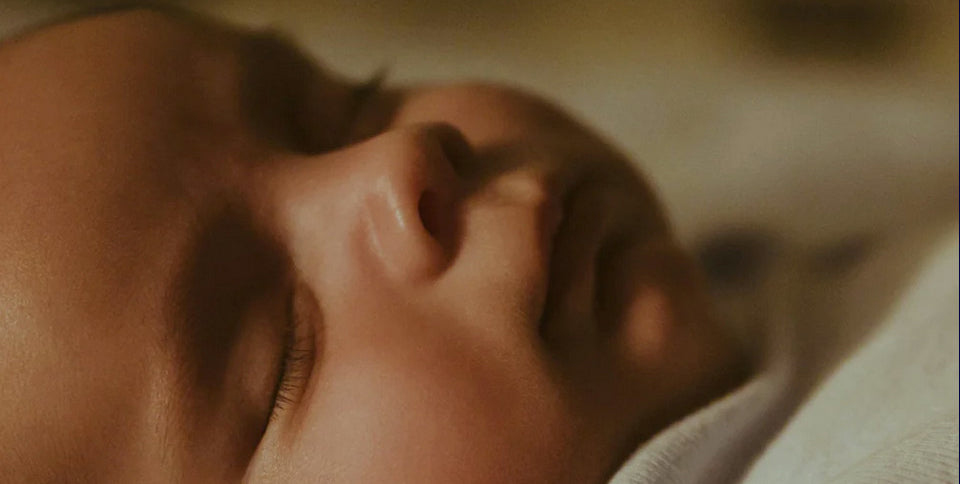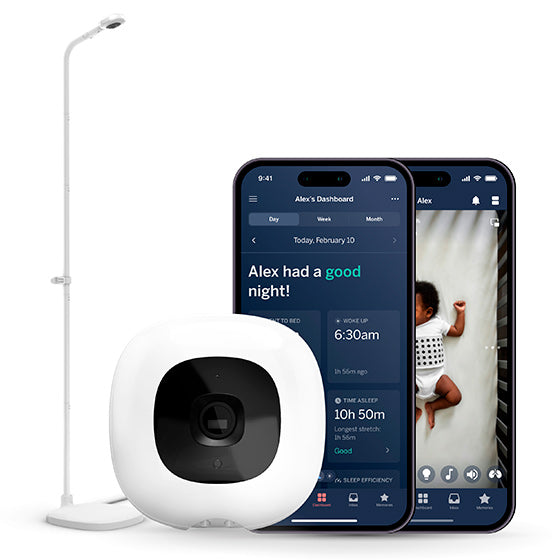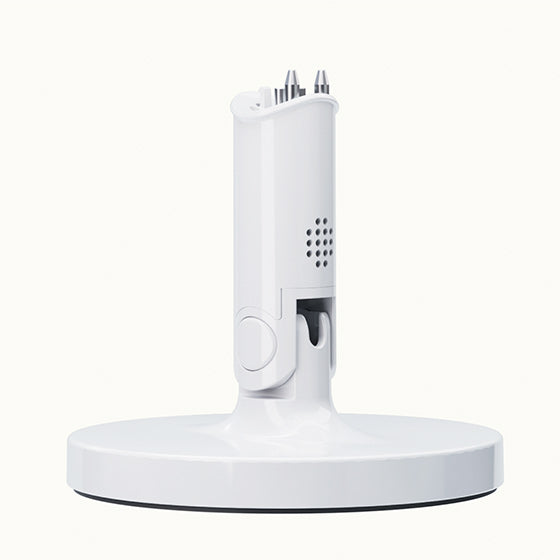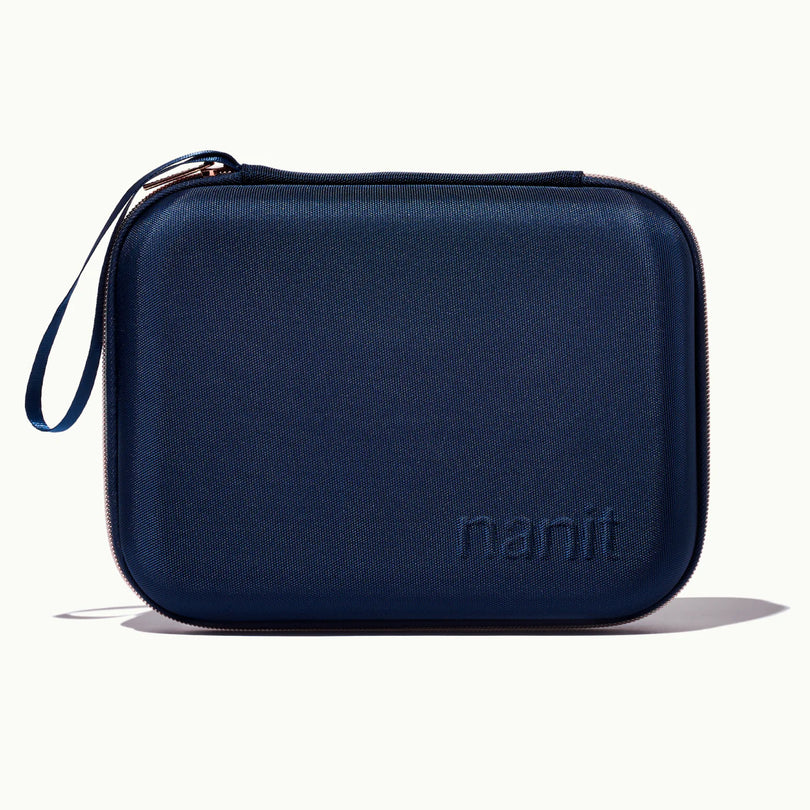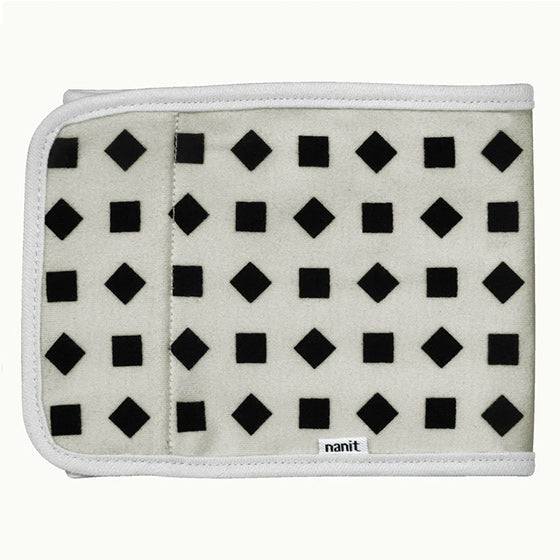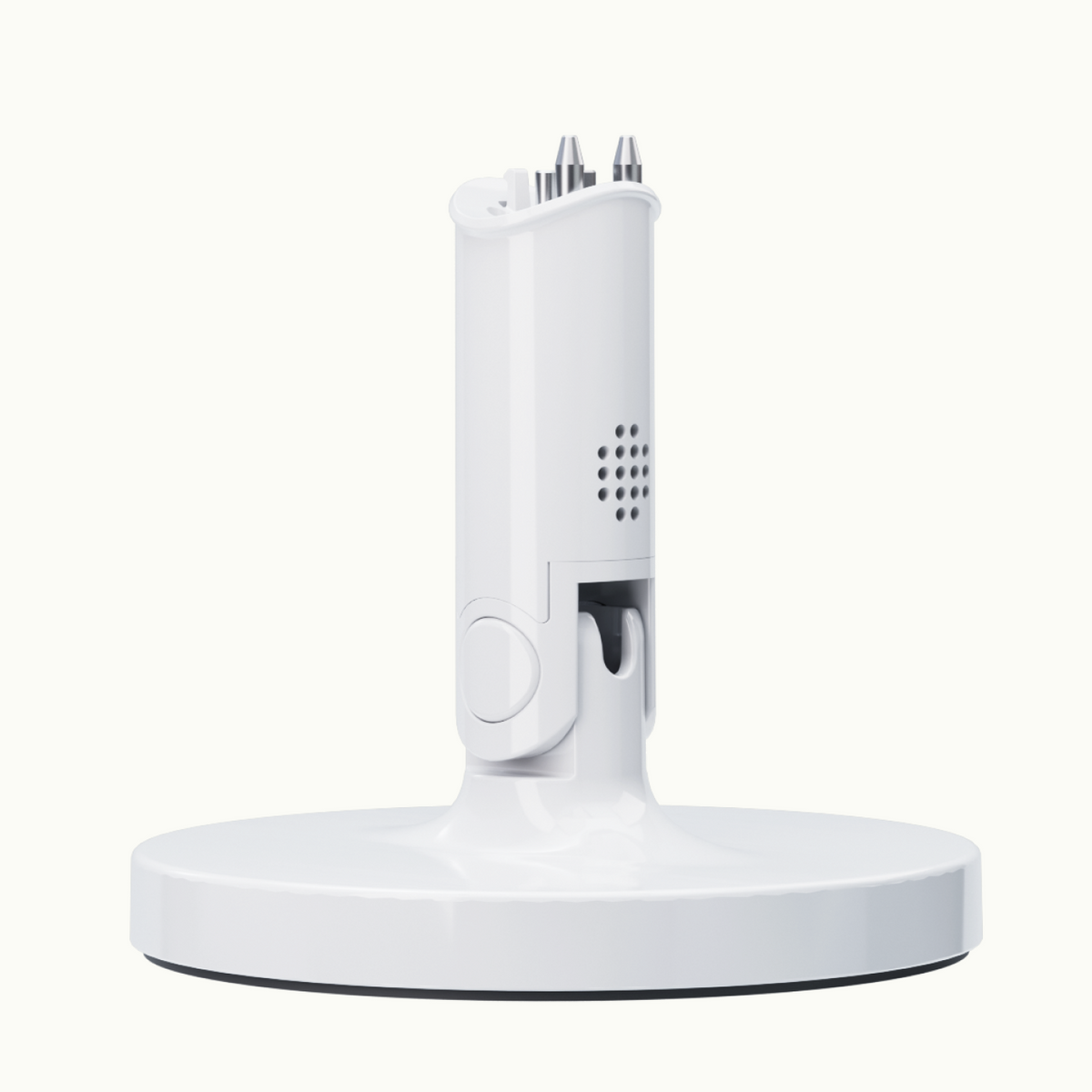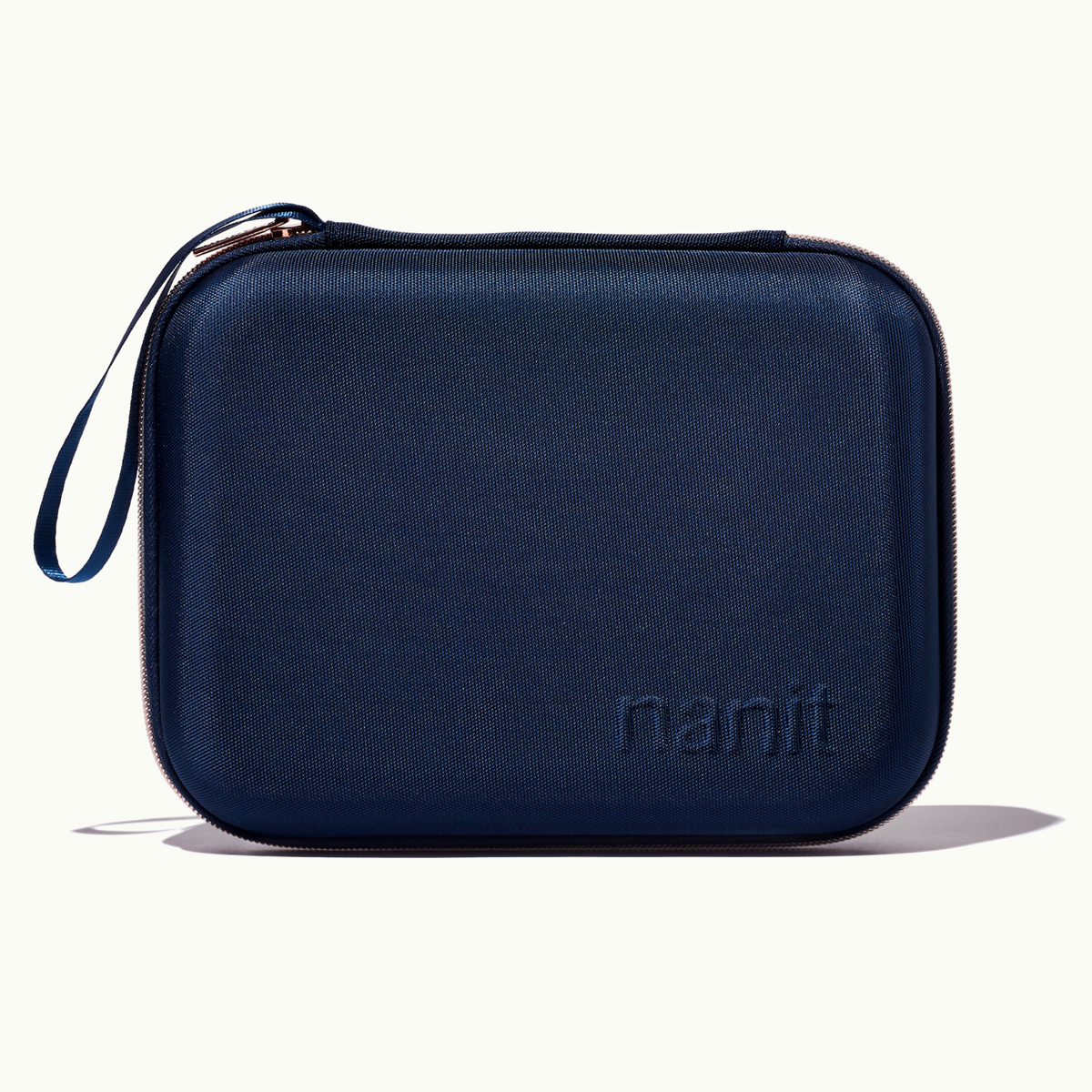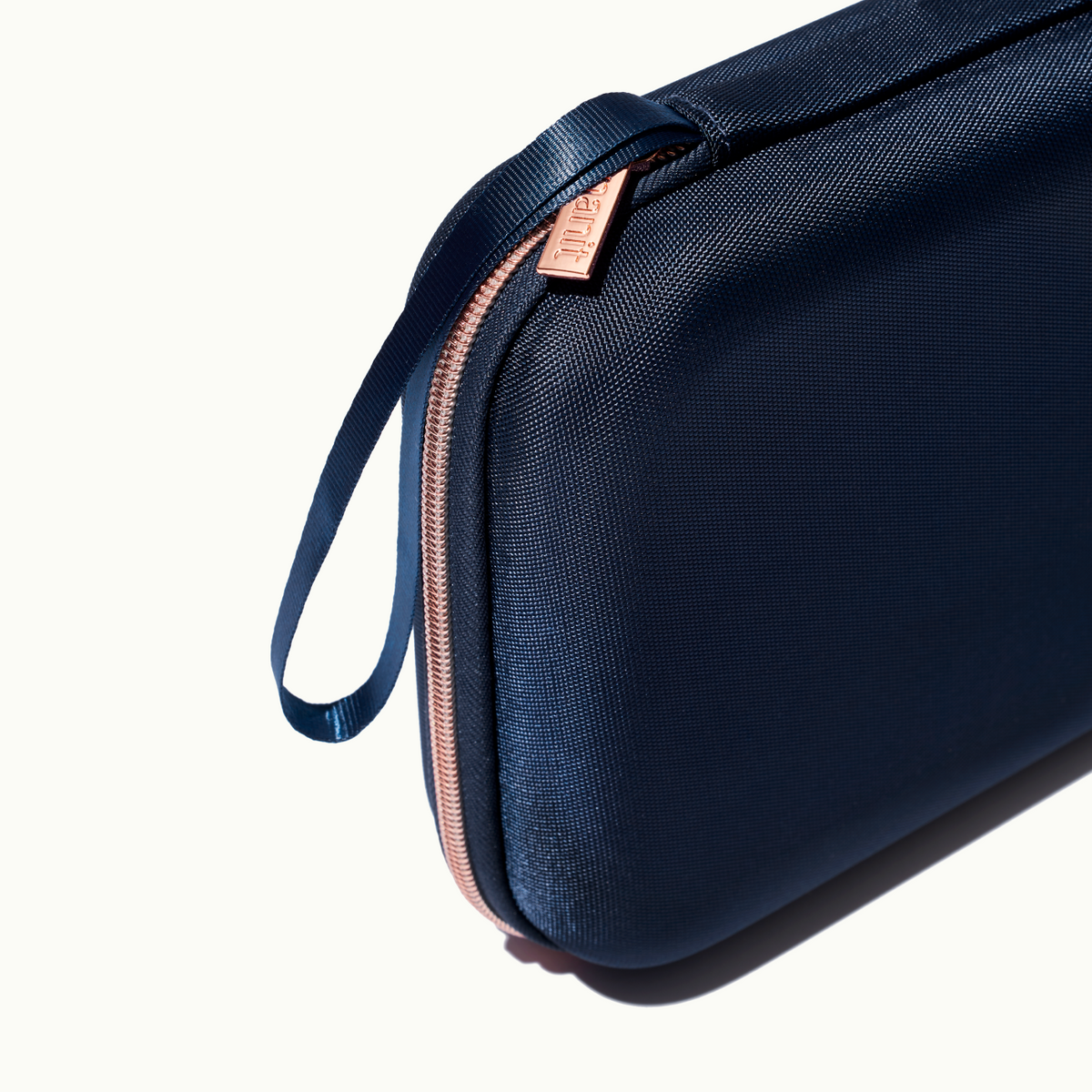Maristella Lucchini, Shambhavi Thakur, Michal Kahn, Natalie Barnett
Presented at Sleep and Breathing, Prague, 2023
Abstract
Background
Previous literature indicates that infant feeding methods at night do not affect maternal sleep. However, it is essential to understand that maternal experiences in relation to the choice of feeding methods are often associated with feelings of stigma. The relationship between these feelings and sleep should be investigated, since new mothers are at risk for poor mental health and sleep plays a critical role in mental health.
Aim
In this study we investigated whether infant feeding method and maternal confidence relative to the chosen feeding method were associated with sleep quality in mothers of infants 0-6 months.
Methods
We recruited 428 mothers among the Nanit customer base (mean 3.8 months, SD 1.67 postpartum). They reported on their night feeding methods (breastfeeding, mixed feeding, bottle feeding formula, bottle feeding pumped milk, not feeding at night), maternal sleep quality (Poor, Fair, Good) and feeding choice confidence (Not confident/Unsure, Confident, Very confident). We calculated odds ratios and confidence intervals to estimate the association between feeding method and maternal confidence and maternal sleep quality.
Results
In agreement with previous literature, compared to breastfeeding-only mothers, mothers using other feeding methods did not report different sleep quality. As expected, mothers who did not feed their babies at night had lower odds to report poor sleep quality than breastfeeding-only mothers [OR 0.2 CI 0.1-0.4].
Maternal confidence was significantly associated with sleep quality, such that mothers who were somewhat confident in their feeding methods were twice more likely to report poor sleep than very confident mothers [OR 2.0 CI 1.3-3.3] and mothers who were unsure about their feeding methods were 4 times more likely to have poor sleep than very confident mothers [OR 4.0 CI 1.8-8.8].
Conclusions
Infant feeding method was not associated with maternal sleep quality, but maternal confidence was a significant predictor of sleep quality in mothers 0-6 months postpartum.

About the researchers
The authors include Maristella Lucchini, Shambhavi Thakur, Michal Kahn, and Natalie Barnett

- Dr. Maristella Lucchini serves as Senior Clinical Researcher at Nanit. In her role, Maristella works to secure grant funding in collaboration with Nanit’s university research partners and supports the development of the company’s research collaborations around the world. Previously, Maristella served as an Assistant Research Scientist in the Division of Developmental Neuroscience, Department of Psychiatry at Columbia University Irving Medical Center where she led projects across several cohorts focusing on sleep health for pregnant and postpartum women and their children. Maristella’s research focused on underserved communities and sleep health disparities in the perinatal period. During her years as a postdoctoral researcher at Columbia University Irving Medical Center in the Department of Psychiatry, Maristella was selected to participate in the American Academy of Sleep Medicine Young Investigator Research Forum. She holds a Ph.D. in Biomedical Engineering from Politecnico di Milano.
- Shambhavi Thakur serves as Clinical Research Data Analyst at Nanit. She holds a Masters degree in Health Informatics and Life Sciences. She oversees the research collaborations with various universities and analyzes sleep data for internal as well as external studies.
- Dr. Michal Kahn is a sleep researcher and licensed clinical psychologist, specializing in pediatric insomnia and sleep development. She is a senior lecturer (assistant professor) at the School of Psychological Sciences at Tel Aviv University, Israel.
- Dr. Natalie Barnett serves as VP of Clinical Research at Nanit. Natalie initiated sleep research collaborations at Nanit and in her current role, Natalie oversees collaborations with researchers at hospitals and universities around the world who use the Nanit camera to better understand pediatric sleep and leads the internal sleep and development research programs at Nanit. Natalie holds a Ph.D. in Genetics from the University of New England in Australia and a Postgraduate Certificate in Pediatric Sleep Science from the University of Western Australia. Natalie was an Assistant Professor in the Neurogenetics Unit at NYU School of Medicine prior to joining Nanit. Natalie is also the voice of Nanit's science-backed, personalized sleep tips delivered to users throughout their baby's first few years.

